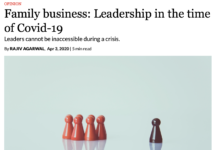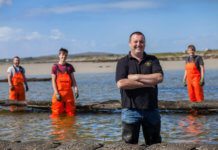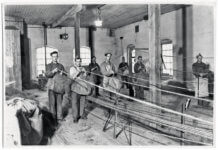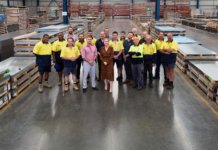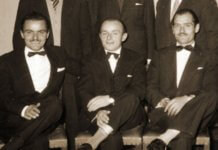Gaurav Dhar is a second-generation tech entrepreneur. His family’s firm, Marshal, has been at the forefront of payment technologies in the Middle East for several decades.
Gaurav’s path to Marshal was not linear. He worked his way through law school before returning to the family business, where his efforts have left an indelible mark on the company, overhauling their operations and expanding their reach into new markets.
His work to reinforce Marshal’s positioning has taken him around the globe. Through networking with other leaders in his field, he has learned new strategies and concepts to integrate at the family firm. In addition to this new methodology, Gaurav has also initiated Marshal’s expansion into uncharted markets.
Recently, Tharawat Magazine had the opportunity to speak with Gaurav Dhar about second-generation tech entrepreneurship, the evolution of financial technology and the future of Marshal.
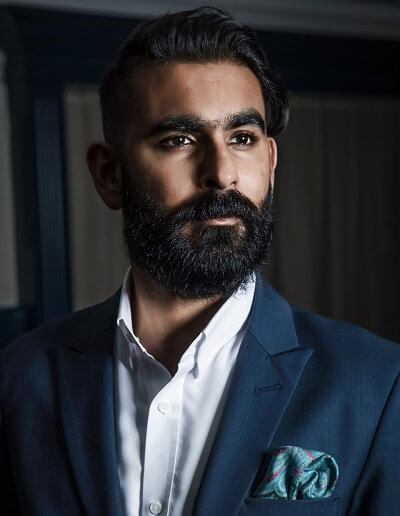
How did your business grow to become the Gulf’s largest provider of payment technology?
My family relocated to Dubai about 45 years ago. My grandfather was the first to arrive, followed by my father. My father joined Marshal as a manager but stipulated that he wanted to be involved in the critical decision-making process.
An itinerant entrepreneur, he quickly became a leader in the company. He was particularly passionate about business structures, so he was given free rein over the direction of a simple office supplies company. That company was known as Marshal Equipment and Trading. Gradually, he shifted the company’s offerings to cutting-edge products, which formally marked his entrance into the tech space.
Prior to joining Marshal, he had worked for Texas Instruments and Unilever, where he acquired his understanding of corporate structures and innovation. It was a time of major technological upheaval. My father saw the opportunity for growth through technology. He travelled the world to countless technology conferences to learn as much as he could. He met many influential people in his travels, and one of them drew his attention to the lack of payment technologies in the Middle East and Africa.
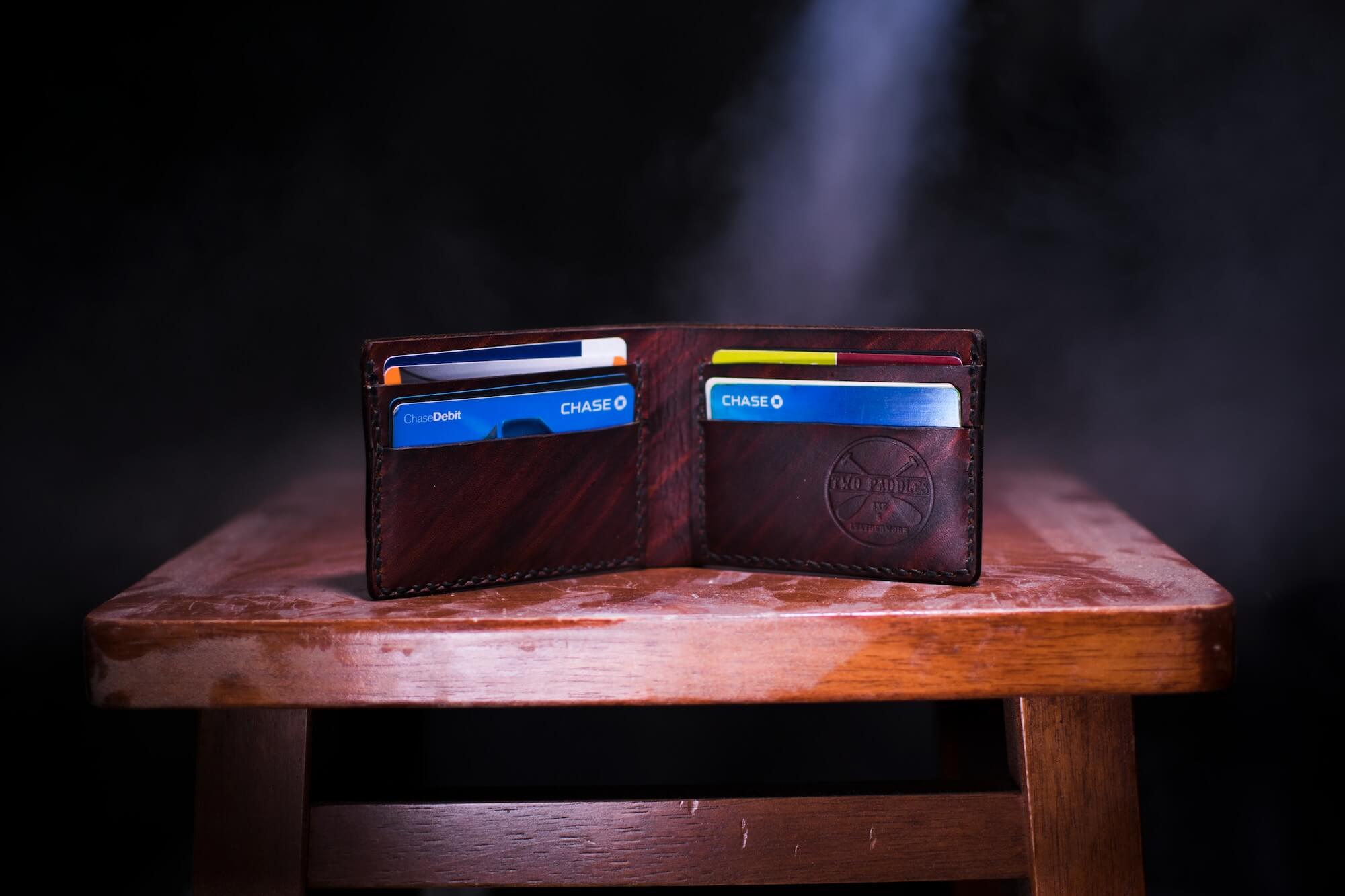
It all started with rudimentary machines, like manual credit card imprinters. With time, our product base expanded into more advanced credit card technologies. We began building IP stacks in conjunction with banks and later involved petroleum companies.
It has taken 30 years to become market leaders in point of sale technology. Now, we supply technology to financial institutions in 18 countries.
“Joining a new company, regardless of whether or not it is your family’s, is like entering a new country – an unfamiliar language and culture drive it.”
When did you know that you wanted to work for the family business?
I never imagined that I would work in the family business. I intended to be a lawyer. The thought of working in technology or becoming an entrepreneur never even entered my mind.
After my graduation, I had great experiences with companies like Clifford Chance in London and Afridi and Angell in the United Arab Emirates, but I knew that the legal profession was not a good fit for me. Much like my father, I wanted to take control of my own destiny and be a part of upper management.
I started working for a French company to develop a deeper understanding of financial technology. After only one year, my father called me back to the family firm. The first thing he did was cut my salary in half. That was the first sign that corporate and family businesses operate quite differently.
Joining a new company, regardless of whether or not it is your family’s, is like entering a new country – an unfamiliar language and culture drive it. Even if you do not acclimatise to that environment immediately, it is important that you are adaptable.
How has your perspective of the company shifted compared to when you started?
I have been coming into the family business since I was a small child as the owner’s son, greeting and having tea with the employees and clients. Over a decade later, my perspective has changed completely.
I was thrust into operations and had to learn everything as though it was my first time there. When I joined, the financial technology industry was undergoing major changes. I had to familiarise myself with the company’s history in a period of rapid development. If you also factor in understanding our clients and their business structures, it was all a bit overwhelming. It was a steep five-year learning curve, but it was incredibly informative.
“I travelled extensively to benchmark our knowledge and capabilities, which also helped us to define ourselves in the context of the global market.”
How has your industry changed since Marshal was founded in 1981, and how have you adapted to these changes?
As an industry leader for an entire region, there is a lot of responsibility to stay on top. If there is a gap in service, it jeopardises your position as a top-tier firm.
I think back to the arrival of PayFort in our region as a key indicator of how the space evolved. They were one of the first digital gateways in the region for SMEs and mobile apps, and garnered a commanding presence in the e-commerce market.
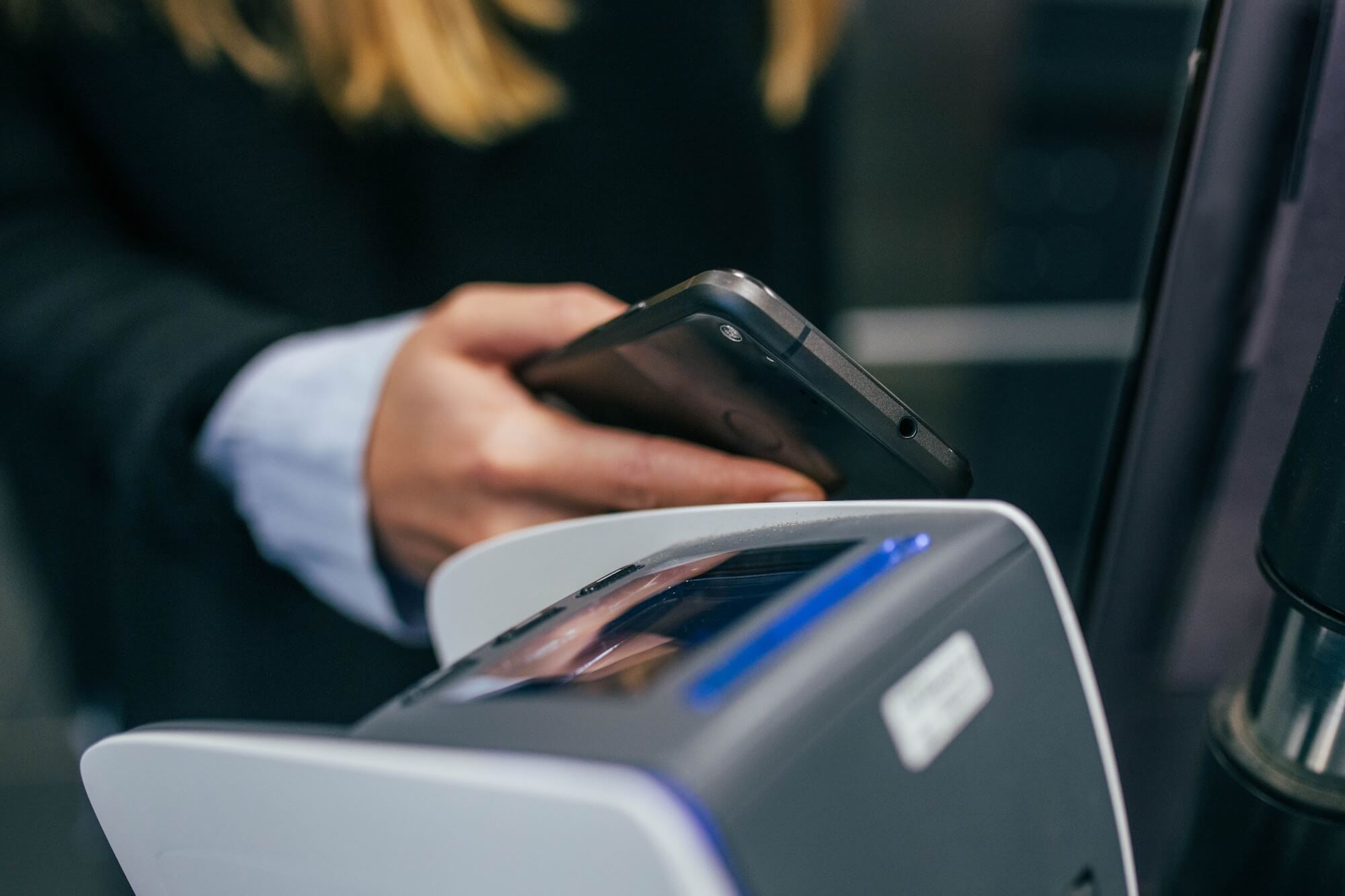
We simply overlooked that segment of the market because we lacked the knowledge and undervalued its potential. As a result, we missed a huge opportunity.
That oversight was a wake-up call for us. As a result, we analysed multiple sectors to determine what else we were missing. We were the cutting edge of offline platform payment solutions, but we needed to look deeper into the potential of the online market.
We underestimated the rapid growth of the telecommunications and e-commerce sectors. We were caught watching as it raced past us. This stark realisation prompted me to initiate an internal review six years ago.
Our capability to innovate needed reassessment, which was a humbling process. I travelled extensively to benchmark our knowledge and capabilities, which also helped us to define ourselves in the context of the global market.
I understood that not all technologies were relevant to us or our clients. Many international firms underestimate the complexity of the Middle East and the amount of time and level of commitment required to satisfy clients. It goes beyond offering premium technology. We have excelled because we advance while maintaining our client relationships.
Continuous learning was the only way forward, so I began looking in different sectors. I became an angel investor in unrelated businesses to see if I had the skills to grow them. My efforts finally paid off as I gained recognition in several key regions around the globe. It exposed us to firms that were pertinent for us to review and grow our business.
Was your family supportive of your methodology?
I spent the better part of three years developing our methodology. Throughout that process, it was my personal time and savings that went toward advancing our company and myself. The support of my wife was paramount during that period.
The goal of my research was to build a plan that would plot out the family firm’s trajectory for the next two to three generations. We determined that the best way forward was through investing and partnering with other companies.

We have had early success with our new model. We brought our technological expertise and new-found understanding of operating structures to a budding Indian firm, and the result was a resounding success. They’ve matured dramatically since.
The investment was a risky endeavour. We committed a large amount to an unknown outcome, which is the nature of venture capital. By leveraging my research, however, we secured a better investment than some of the world’s leading financial technology firms. Our investment did not go unnoticed – shortly after, both Mastercard and Amazon invested as well.
My successes in the company thus far have been tempered by caution. I am optimistic about the progress we have made and having major global firms follow us into an investment is a good indicator. That said, I know we must anticipate every possible outcome with this sort of manoeuvre.
[ms-protect-content id=”4069,4129″]
How is Marshal involved in the advancement of new technologies?
Currently, we are implementing technology to process transactions through sound waves. I know that sounds exceedingly futuristic, but we have deployed it in the UAE and Bahrain and will soon do so in Oman as well.
We have generated interest in several major financial institutions across the Middle East, Africa and even Southeast Asia. Our exposure shows that we can maintain our regional presence and effectively expand into other global markets.
“…Get out of your comfort zone. My experiences travelling and networking abroad have been priceless. The different perspectives and ways of conducting business I learned in my travels helped shape our operations. The people I met are more than business contacts; they are allies and close friends foremost.”
What advice would you give to family businesses as they look to the future?
A primary guiding principle is to seek out opportunities that are beneficial to you. Many of today’s businesses do so frantically. It can be draining to expend your time and money trying to find or catalyse opportunities that do not produce.
One of my main pieces of advice is to step back and assess the gaps in your company. Not only will that help you improve your existing structure and operations, but it will also highlight ideal opportunities to pursue. It is critical to grow within your means.
It is equally important to understand what you do well and how you can expand on that. When you know your expertise, you can determine how to increase your exposure and your relevance within your market.
My last piece of advice is to get out of your comfort zone. My experiences travelling and networking abroad have been priceless. The different perspectives and ways of conducting business I learned in my travels helped shape our operations. The people I met are more than business contacts; they are allies and close friends foremost.
If you are going to be satisfied with the status quo, you will not last very long. I believe innovating is important to stave off stagnancy and remain relevant. This is particularly true for family businesses as they transition from generation to generation.
The support my family has provided me with has been instrumental for my development. I didn’t receive handouts; I developed integrity through hard work. It was exactly what I needed to excel.
[/ms-protect-content]



